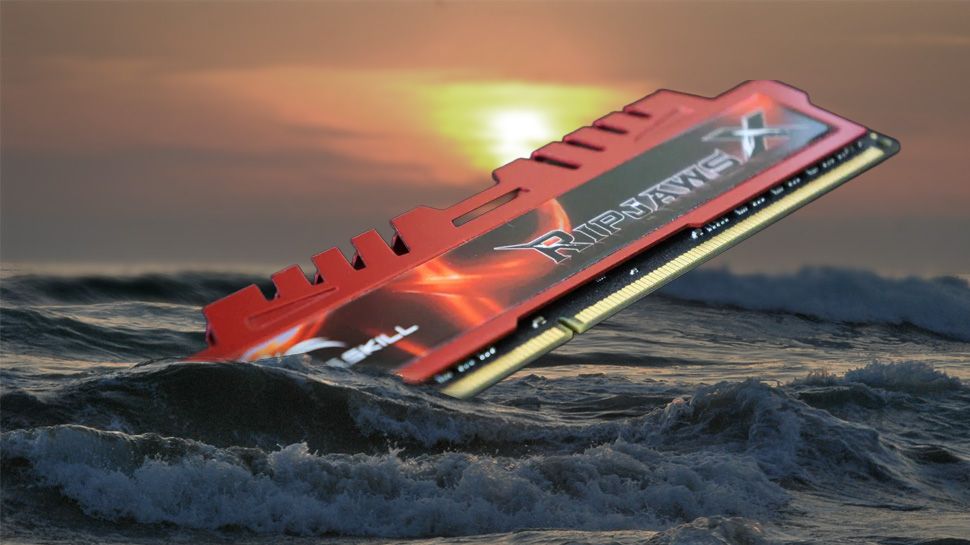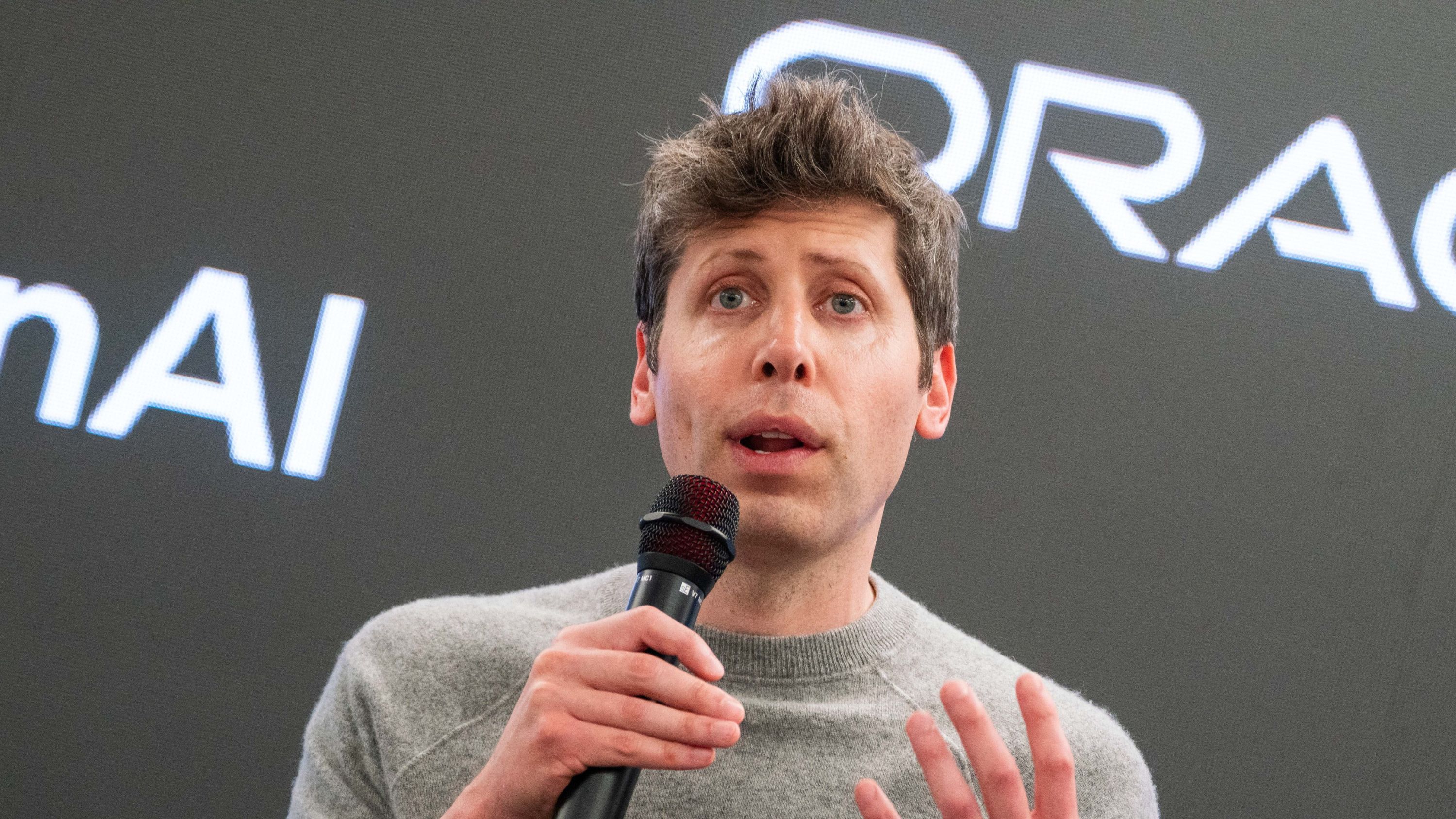
Gamers can't seem to catch a break, although this latest goldrush is going to impact far more than just gamers this time around.
After years of dealing with the crypto craze blowing up GPU prices, the artificial intelligence fad being pushed by companies like Google, Microsoft, OpenAI, and others, is now having a serious impact on the affordability and scarcity of RAM.
For those who don't know, RAM (random access memory) is used as temporary memory storage used to store and access data on a short-term basis. Simplified, you can think of it as your computer's short-term memory, and is designed for on-demand rapidity so apps and games can run instantly. You can find it in basically any "smart" device, from TVs to phones to laptops, to Xbox consoles and gaming PCs.
In just a few weeks, the general price of consumer-grade DDR5 RAM has increased in some cases by as much as 110%, with products like Micron's Crucial Pro 32GB DDR5 kit effectively doubling in price in the space of a month. And things might only get worse.
Speaking on X, Epic Games CEO Tim Sweeney described the scale of the problem, as government-backed companies like OpenAI outbid consumer manufacturers on RAM fabrication priorities.
RAM price increases will be a real problem for high-end gaming for several years. Factories are diverting leading edge DRAM capacity to meet AI needs where data centers are bidding far higher than consumer device makers. https://t.co/VgO2OG4oOrNovember 24, 2025
Indeed, companies like OpenAI, Oracle, Microsoft, Google, Amazon, and others are striking massive deals with RAM manufacturers such as Samsung and SK Hynix to supply their data centers.
Artificial intelligence is the tech fad du jour, with governments and shareholders seemingly convinced that the technology is critical for national security (and also lowering firm's costs by offloading tasks to clankers robots instead of humans). True or not, it's the main driving force behind these price increases.
OpenAI and others are being given massive loans and subsidies (often paid for by taxpayers) and require absolutely enormous quantities of electricity, processing, and also memory capacity. Backed by nation states and the full force of Wall Street hype, manufacturers of consumer-grade goods like laptops, video game consoles, and TVs typically already endure thin margins — they cannot outbid the likes of OpenAI on data center component purchasing.
Some manufacturers have stockpiled RAM specifically to avoid price increases on their products in the interim to try and weather the storm. There were some rumors that Xbox Series X|S consoles, which have recently endured price increases, would be rapidly exposed to further increases as a result of this. Sources tell me that Microsoft does have a healthy supply of Xbox, Surface, and other RAM-using stock for the time being.
But of course, those stocks will not last forever — for any manufacturer.
Another reason to hate AI

Indeed, the current wave of AI hype doesn't seem likely it will die down any time soon. Once any existing consumer tech supplies dwindle for any manufacturer, products like Xbox and PlayStation consoles, television sets, laptops, and more, could start to see serious price increases over time. The volatility between AI demand and tariffs is why we didn't get the Xbox Ally prices until the very last minute, and why we still don't have the Steam Machine prices either. Things are just generally crazy right now, to use industry terms.
The first to feel the pinch will be anyone who is buying RAM standalone to upgrade their PCs or existing laptops. The world only has so much capacity to produce RAM, meaning demand will likely exceed supply for the foreseeable. Samsung, SK Hynix, and Micron control some 90% of the market together. Consumer tech manufacturers will bid for chips from these companies directly for their own products. And given the out-sized purchasing power from companies like OpenAI, flooded with investor cash, us peasants will have to endure the scraps for the time being.
It's just another thing for the pile of reasons to hate this big AI fad — destroyed livelihoods, greenhouse gasses, electricity prices, layoffs, stolen water supplies, toxic chemicals, turbo-charged false information industry, mental health degradation, and now rapidly ballooning consumer goods prices.
How exactly is AI supposed to be enhancing our lives again ...?
More Black Friday 2025 | Quick Links
- The very best Black Friday deals from all categories
- Mini PC deals: up to 47% off tiny PCs
- GPU deals: early price drops on NVIDIA RTX before they go up
- Microsoft Surface deals: save up to $500 on premium PCs
- Xbox accessories: best deals on gadgets for your Xbox Series X|S and PC
- Gaming laptop deals: the best laptops for the best price
- Xbox controllers: our top picks for best controller deals
- Samsung monitors: the best Samsung display deals we've found

Follow Windows Central on Google News to keep our latest news, insights, and features at the top of your feeds!







